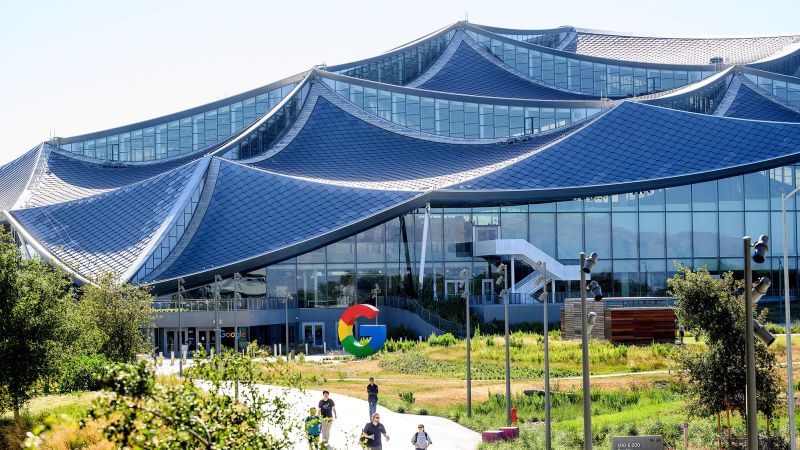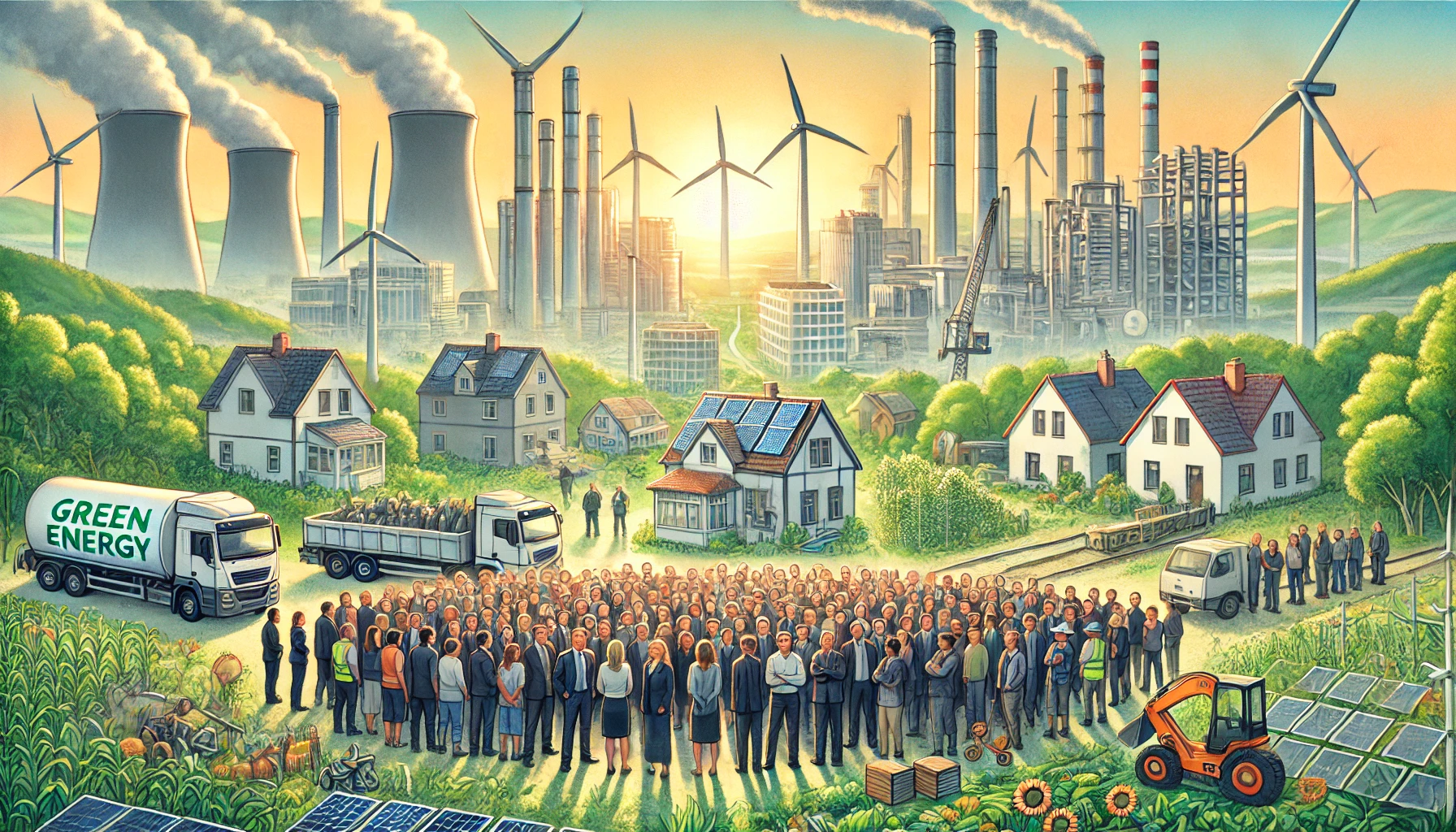-
By David Fickling / Bloomberg Opinion
A three-way fight over control of Africa’s beer industry could be approaching its endgame.
The tussle between Heineken NV, Diageo PLC and units of Anheuser-Busch InBev SA for control of the continent has been going on for decades.
Heineken’s acquisition of South African winemaker Distell Group Holdings Ltd and Namibia Breweries Ltd to create a US$4.5 billion business, announced this week, might be a final piece of the puzzle.

Photo: Reuters
Warning: Excessive consumption of alcohol can damage your health
The attractions for brewers of a region overlooked by other global businesses should be obvious. Beer is all about demographics, and Africa’s are among the most promising.
By 2050, its nations are forecast to have a larger combined population than either China or India, accounting for one in four humans.
That is an opportunity for companies far beyond the beverage sector. To date, fast-growing labor forces and abundant natural resources have failed to bring Africa the sort of economic growth that other emerging regions have experienced. This could be on the verge of changing.
As anyone who has thirsted for something cool, mildly alcoholic and heady after a hard day at work should know, beer and employment go hand-in-hand. One reason that Vietnam has been a hotly contested market for global beverage companies in the past few years is that its labor force is expected to overtake Japan’s by 2030.
Developing nations are in a particularly sweet spot for brewers. While affluent populations tend to gradually lose their thirst for beer in favor of wine, spirits or abstention — a trend that is well under way in developed countries, and advancing now in China, too — people tend to pick beer in the earlier stages of income growth.
Where Heineken, Guinness and Budweiser go, other businesses in need of an able workforce ought to follow.
All of that makes Africa an attractive market. Beer consumption rose by 33 percent between 2010 and 2019, a Kirin Holdings Co study found, making it a rare growth region in a world whose thirst for lager and ale is largely slaked.
Nigeria long ago overtook Ireland to be the second-biggest market after the UK for Diageo’s Guinness stout. Sales in the continent grew by nearly one-third this year, John O’Keeffe, the company’s beer and Africa president, told an investors’ conference this month.
Brewers’ involvement in the emerging world is not an act of charity.
As Dutch journalist Olivier van Beemen’s book Heineken in Africa demonstrates, it is frequently a grubby, immoral business that shareholders back home would rather not know about. Scrambles for Africa by powerful European players have rarely turned out well for the people of the continent.
Still, there is a lesson in brewers’ interest in Africa to a corporate sector that by and large still neglects the region’s opportunities — foreign direct investment into the entire continent south of the Sahara is no greater than flows into Italy during a typical year.
The booming population and labor pools that are to emerge over coming decades are far more than just the consumers seen by AB InBev, Diageo and Heineken: They are the productive engine for the next leg of the world’s economic growth, once China and India reach their own plateaus.
Such a role is long overdue. After a long and miserable history of extractive exploitation under colonial control, a brief interlude of protectionist industrialization in the early independence era ended in business failure, debt and default. Mining and petroleum helped lift exports in the past few decades, but the benefits have fueled inequality and graft more than broad-based wealth.
The problem hitherto has been a lack of decent jobs for the expanding urban workforce. About 90 percent of work in central, eastern and western Africa south of the Sahara is in the informal economy, according to the International Labour Organization, meaning that people live week-to-week with little security of employment or income.
Africa’s population is more urbanized than India’s now or China’s in 2003, one reason that international beverage companies see such potential in distributing there.
However, unless jobs can be found, Africa’s demographic boom risks turning from an asset into a liability.
This might finally be happening. We could be seeing the early signs of a manufacturing renaissance in the continent, a study for the UN Industrial Development Organization said.
Outside of the biggest economies of Egypt, Nigeria and South Africa, regional trade might be more active and dynamic than previously suspected, a separate study for the Brookings Institution said.
That suggests the continent-wide free trade area that came into force in January could help launch a virtuous circle of trade and development.
The challenges for sub-Saharan Africa remain profound, especially as critical shortages of COVID-19 vaccines leave it with yet another disease burden.
However, the opportunity in the coming decades is quite as substantial. That is a prospect worth drinking to.
This column does not necessarily reflect the opinion of the editorial board or Bloomberg LP and its owners.
Comments will be moderated. Keep comments relevant to the article. Remarks containing abusive and obscene language, personal attacks of any kind or promotion will be removed and the user banned. Final decision will be at the discretion of the Taipei Times.




















Discussion about this post